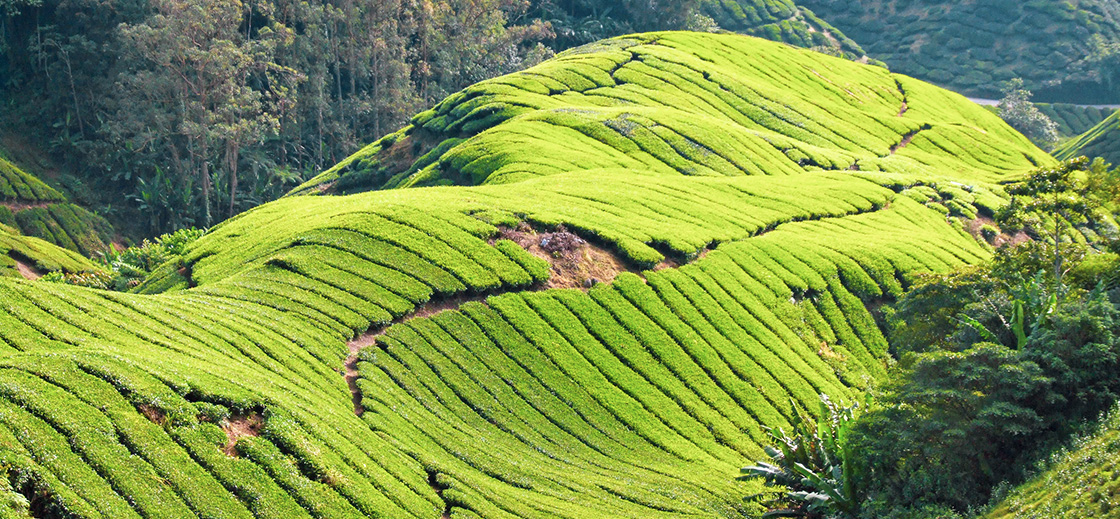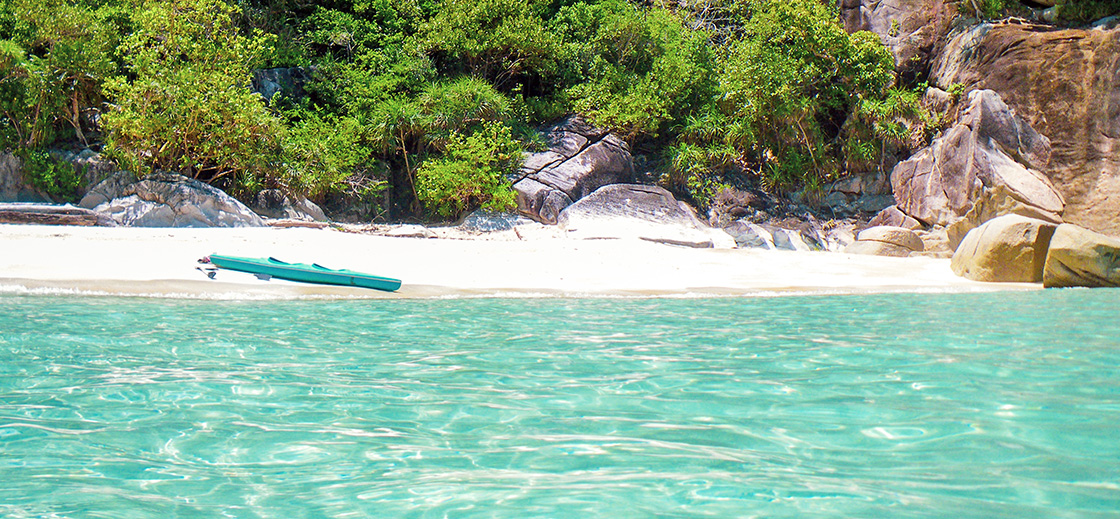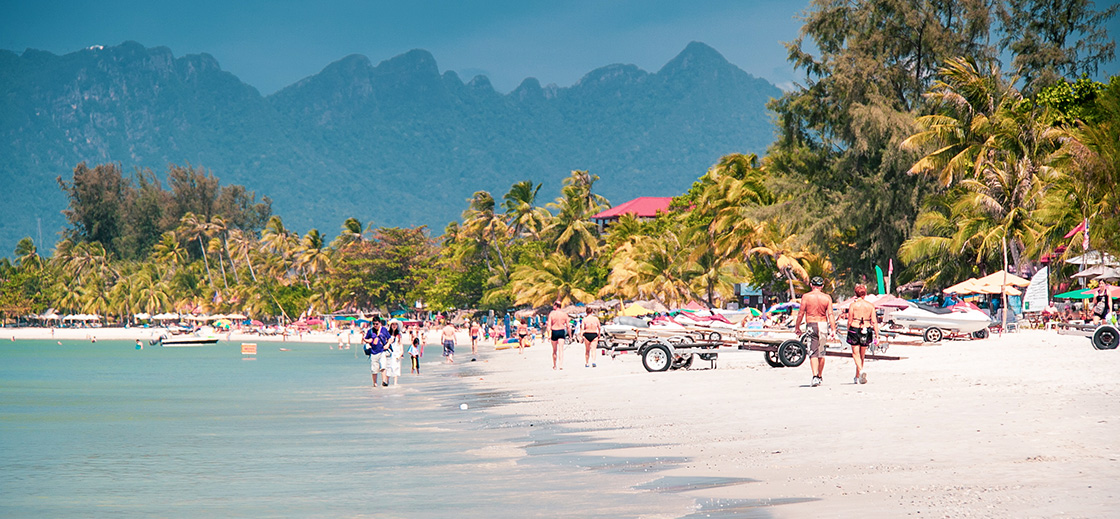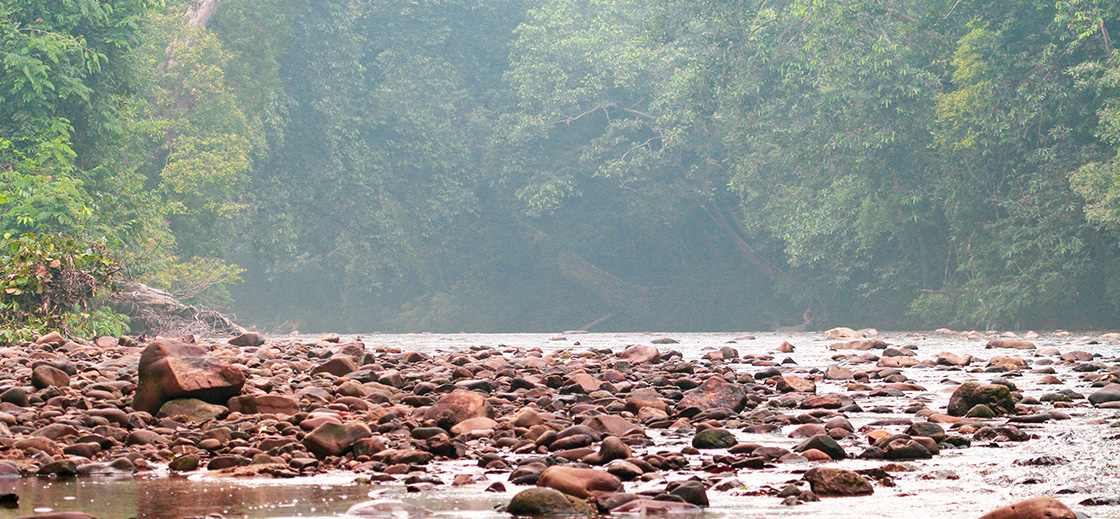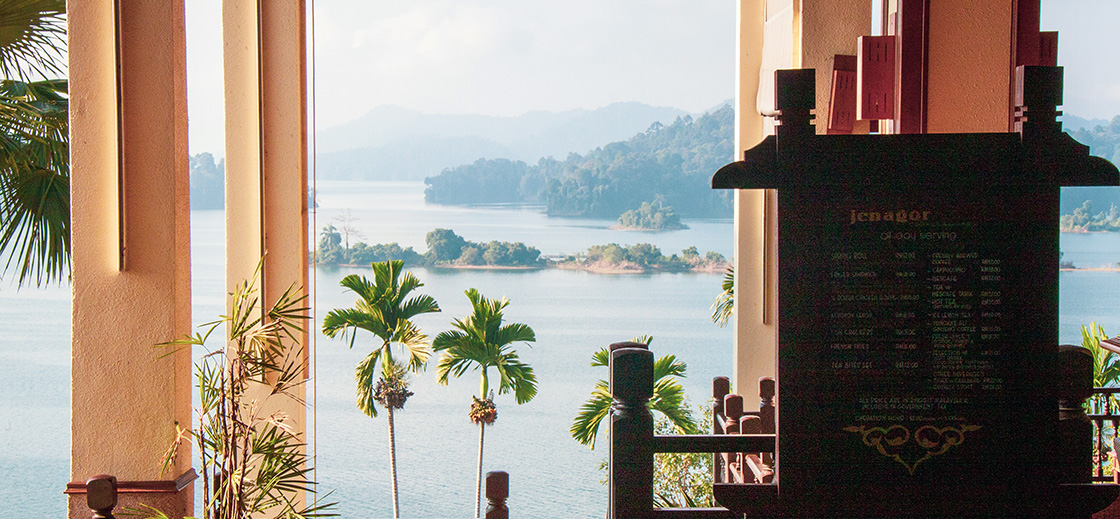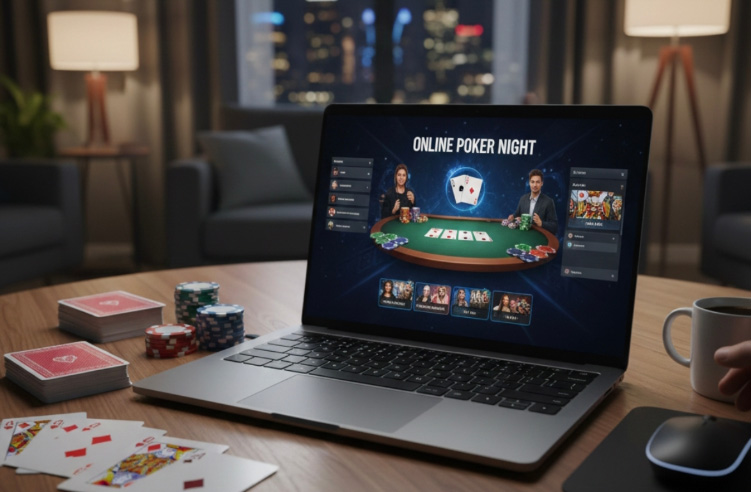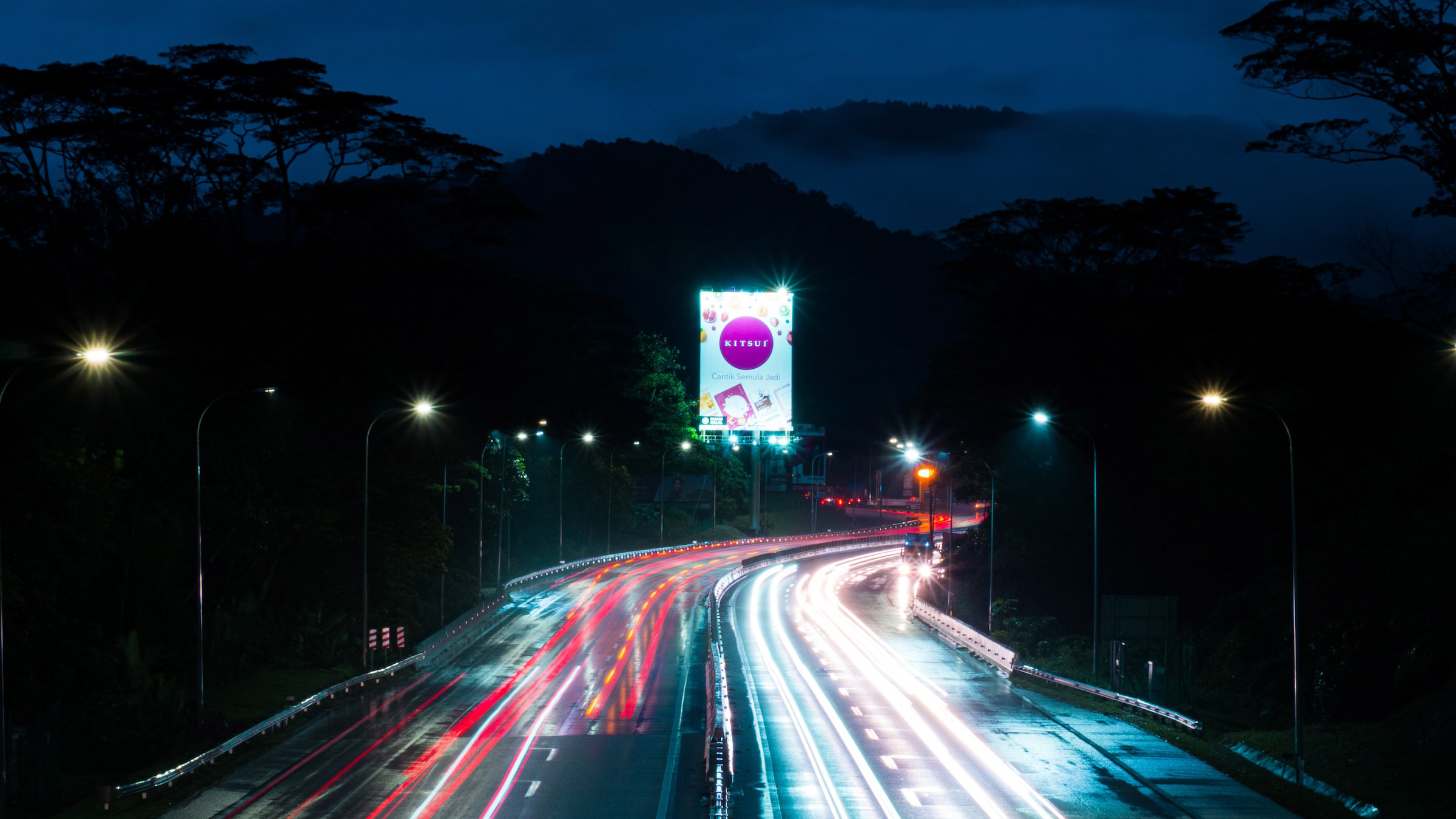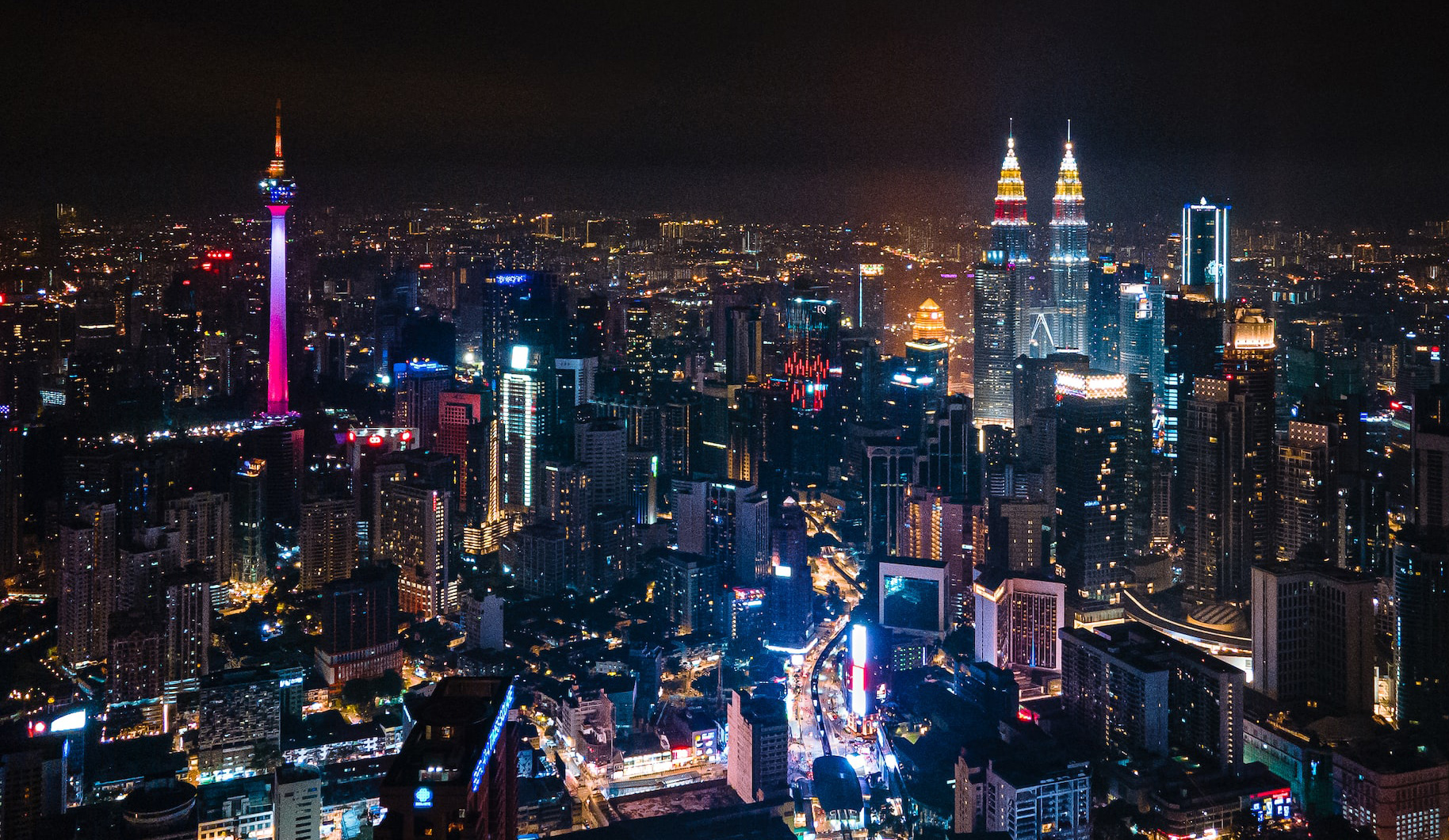Malaysia is a beautiful country with friendly people, tasty food, and stunning nature. But like any country, Malaysia has a few rules and restrictions that might catch visitors by surprise. Here’s what you should know before you go.
Medications
Travelers should also be cautious about the medications they bring into the country. Some prescription drugs that are common abroad, such as strong painkillers, sleeping pills, or medicines containing codeine, may require special approval in Malaysia. To avoid problems, it’s best to carry your prescription and keep medicines in their original packaging.
Online Gambling
When it comes to online gambling, Malaysia has strict laws. Locally licensed online casinos don’t exist, which means players who want to enjoy casino games have to look to offshore platforms. Having a guide makes it easier to know what’s safe and popular. For example, GamesHub’s Malaysia online casino guide provides a clear overview of the most trusted and popular offshore options for players. Many Malaysian players flock to offshore casinos for the variety of games, from popular slots to live dealer tables, as well as the bonus offers and the convenience of fast payouts.
No Chewing Gum Imports
Malaysia also has rules around chewing gum. Bringing a small amount for personal use is usually fine, but selling it without permission is not allowed. You’ll also notice that locals rarely chew gum in public, so doing so might make you stand out.
Smoking Bans in Public Spaces
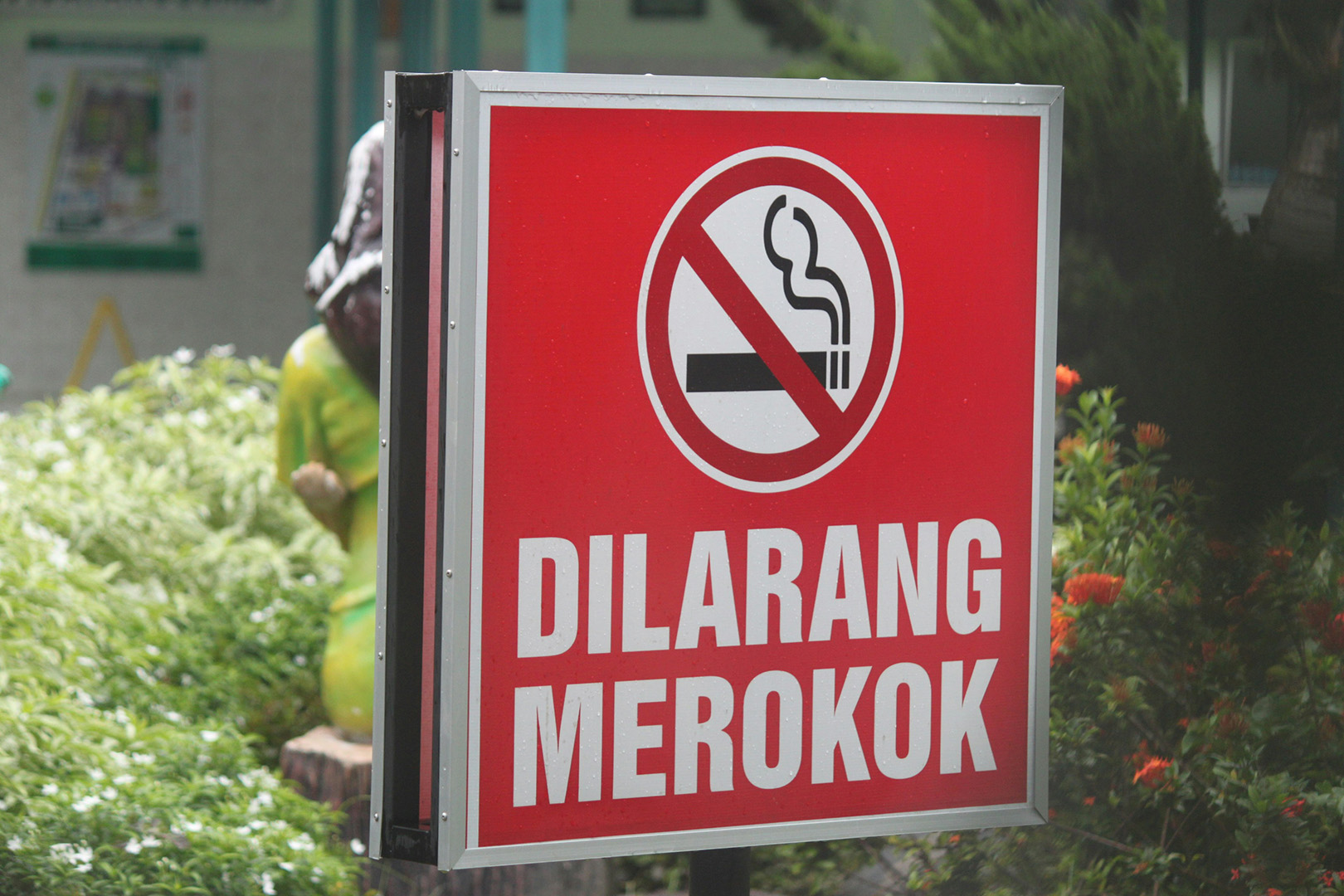
Smoking is another area with strict rules. In Malaysia, smoking in no-smoking areas like restaurants, cafés, parks, and many public areas is prohibited. Even some outdoor dining spaces display “No Smoking” signs, so it’s important to look around before lighting a cigarette. Fines can be high, so sticking to designated smoking zones is the safest choice.
Photography Restrictions
Malaysia offers many picture-perfect spots, but not everything is open for photography. Government buildings, military areas, and security checkpoints are generally off-limits. When it comes to people, especially in villages or traditional settings, it’s polite to ask for permission before taking a photo.
Internet May Be Monitored
While there’s reliable internet access, online activity is subject to monitoring and certain restrictions. Websites with politically sensitive or explicit content may be blocked, and posting remarks that are critical of religion or the monarchy can lead to legal consequences under laws like the Sedition Act. Many travelers choose to use a VPN to maintain privacy and access a broader range of sites while staying within legal boundaries.
On the Road
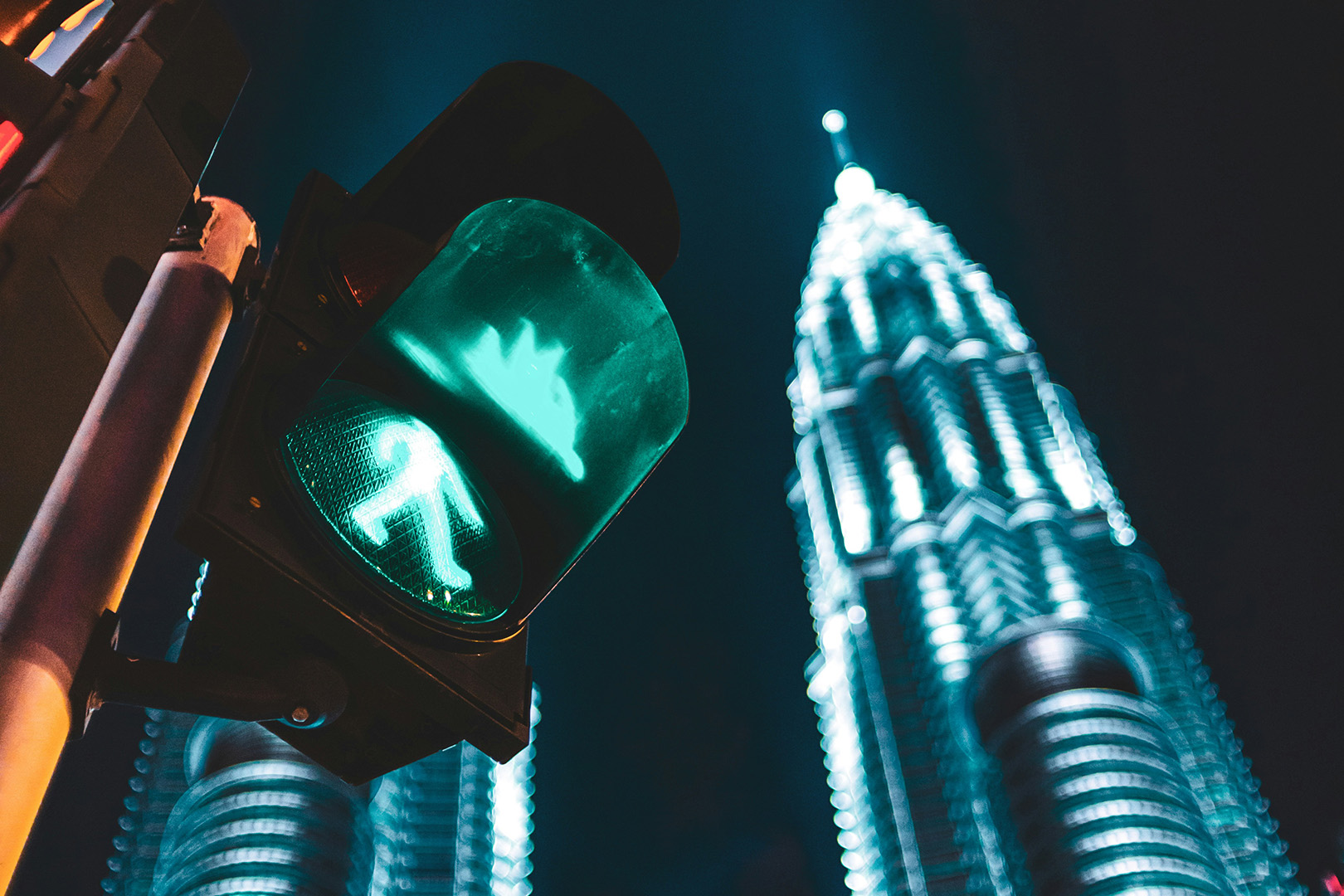
If you plan on driving, remember that traffic flows on the left side of the road, and be prepared for a high number of motorcycles. They’re a common sight and can weave through traffic unexpectedly. It’s also important to be cautious when walking, as jaywalking is quite common.
Respect for the Royal Family
Malaysia is a constitutional monarchy, and the royal family holds a position of great respect. Making disparaging or disrespectful comments about the royal family is a serious offense and is best avoided entirely. Violating laws that protect the royal family can result in fines or imprisonment.
Restrictions on Alcohol
Finding alcohol is generally easy, but there are some rules worth knowing. Alcohol is easy to find in cities, but in areas with larger Muslim populations, it may be harder to come across. Drinking in public places like parks or on the street is frowned upon and can even lead to fines. In the state of Kelantan, alcohol is heavily restricted, and bars are rare.
Dress Codes at Religious Sites
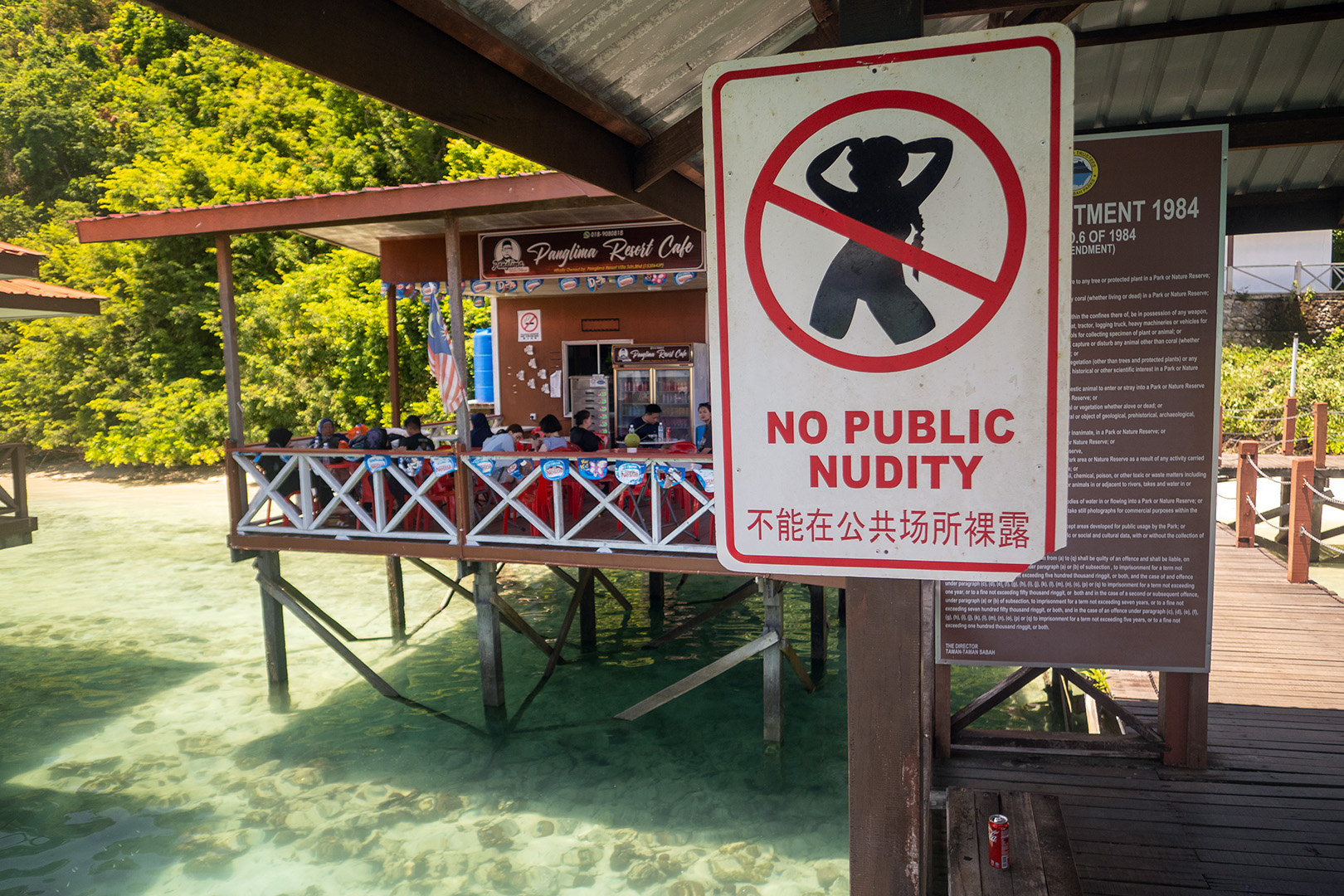
When visiting mosques, temples, or other religious places in Malaysia, modest clothing is a must. Women are usually expected to cover their hair, arms, and legs, and in many mosques robes or scarves are provided at the entrance. Men are also advised to avoid shorts and sleeveless tops. At the famous Putra Mosque in Putrajaya, for example, visitors are given pink robes to cover up before stepping inside.
Taking Off Your Shoes
Before entering a Malaysian home, it’s customary to remove your shoes. Temples, certain shops, and guesthouses often follow the same rule. It’s a sign of respect and helps keep the inside clean. Just look for a row of shoes by the door and follow their lead.
Using the Right Hand
In Malaysian tradition, the right hand is viewed as the proper and respectful hand to use, whereas the left is generally seen as inappropriate. When offering or accepting items like food, money, or gifts, it is customary to do so with the right hand. If you’re eating with your hands (as is common at some local spots), always use your right hand. Using your left hand can be seen as disrespectful.
